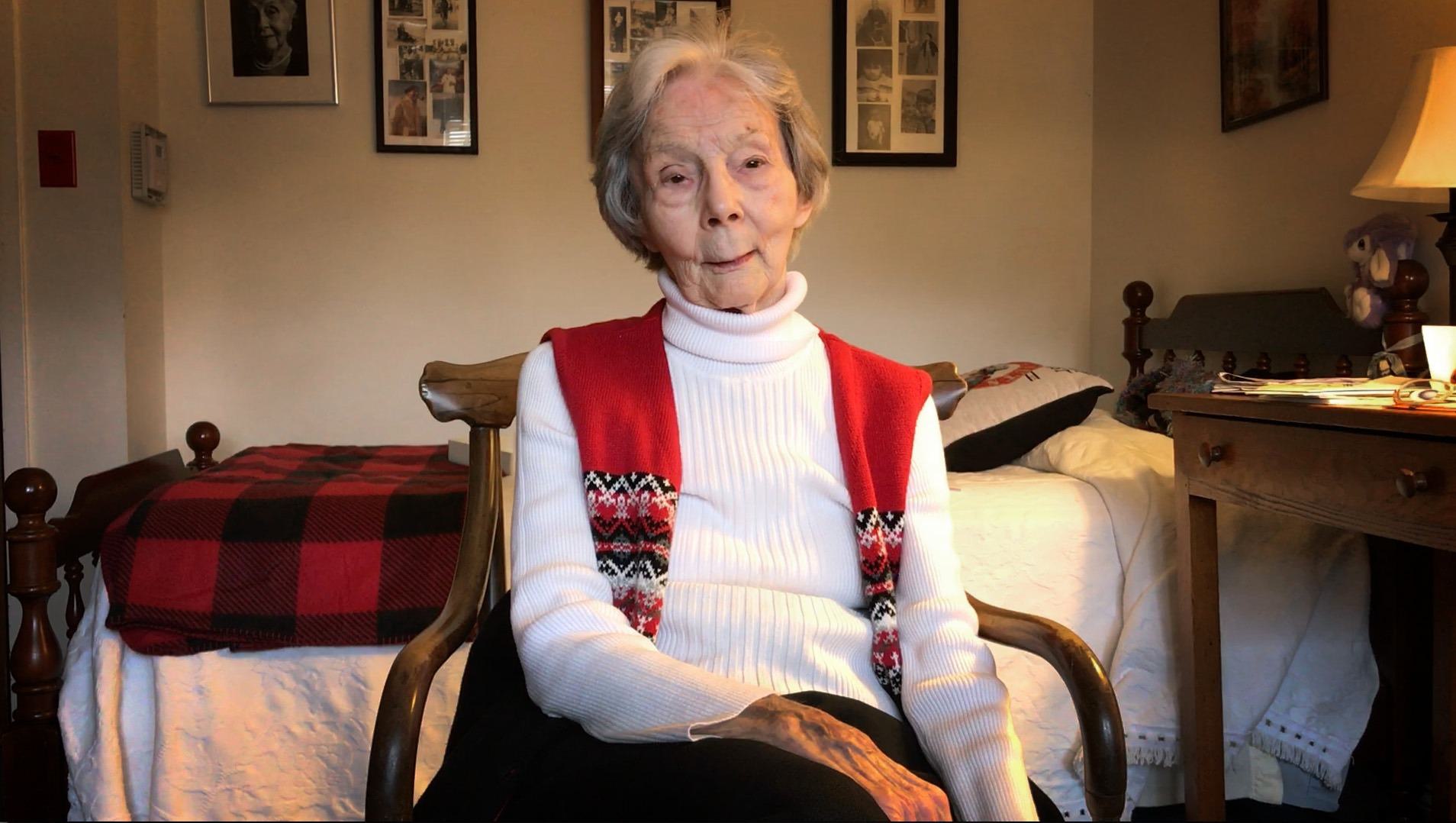She lived to age 99 years, seven months and 23 days.
Norma Lamae Forbes had been there when the iconic Dixie Art Colony was founded in the 1930s in Wetumpka. Before she died in October 2018, she had managed to preserve her account of the colony and its colonists.
Forbes had been videoed in a 25-minute live interview about that fascinating chapter in the history of arts in Alabama. The video has never been shown before. That will all change on April 18 at a monthly Lunch & Learn in Wetumpka.
The lunch is at 11 a.m. at Trinity Episcopal Church, 5375 US Highway 231 in Wetumpka, on Thursday, April 18. The video presentation starts at 11:45. The lunch and event are free. Reservations are required for the optional free lunch but not for the program. 334-328-0730.
Followers of Alabama's art history may recognize the artists and colonists that are a part of Norma Forbes' video interview: KELLY FITZPATRICK, SHINEY MOON, GENEVIEVE SOUTHERLAND, JANE MCRAE, LOUISE EVERTON, AND HANNAH ELLIOTT.
This program may be the closest you will ever come to re-living the early period of the Dixie Art Colony. You had to be there. Norma Forbes was there.
Ninety years ago, the state of Alabama became the painters' center of the United States. From 1933 to 1948, artists and art students from all over the nation met, trained, and lived at Dixie Art Colony outside of Wetumpka, Alabama.
Now, art appreciators have an active group that preserves the history of the colony. The Dixie Art Colony Foundation hosts a monthly Lunch & Learn, including the one on April 18.
The Dixie Art Colony had been established in 1933 by Kelly Fitzpatrick (1888-1953), Sallie B. Carmichael and her daughter Warree' Carmichael LeBron. The idea was to establish an artists' colony to paint and train new artists in the South of the United States.
In 1937, the colonists met at 'Poka Hutchi' ("gathering of picture writers" in Creek Indian parlance), a small cabin on Lake Jordan near Wetumpka. Over the years, noted artists joined the colony. It last operated in 1948.
'Dixie Art Colony Foundation' was established in Wetumpka in 2015 to reintroduce the art world and the public to the colony and the artists who painted there – perhaps the golden era of painting in Alabama.
Details on Dixie Art Colony Foundation: (6) Facebook
The Dixie Art Colony was an incubator for leaders in the arts throughout Alabama and the Southeast in the 1900s. Dixie Art Colony artist Karl Wolfe was one of the founders of what became the Mississippi Museum of Art located in Jackson, Mississippi.
Some of the colonists were instrumental in founding the Mobile Art Association in 1943 and later the Mobile Art Gallery, now known as the Mobile Museum of Art.
Several Dixie Art Colonists were instrumental in founding the Birmingham Art Club, which served as a springboard for what we know today as the Birmingham Museum of Art.
Dixie Art Colony guest instructor Frank Applebee became the founder of the Art Department at Auburn University.
Lamar Dodd founded the School of Art at the University of Georgia, now known as the Lamar Dodd School of Art. Life magazine credited Dodd with being "more responsible than any other man for the renaissance of art that has swept the Southeast."
It all started at the Dixie Art Colony in Wetumpka, Alabama.
Good art can leaven the world. The Dixie Art Colony created good art.
Jim' Zig' Zeigler writes about Alabama's people, places, events, groups and prominent deaths. He is a former Alabama Public Service Commissioner and State Auditor. You can reach him for comments at ZeiglerElderCare@yahoo.com.
Don't miss out! Subscribe to our newsletter and get our top stories every weekday morning.










